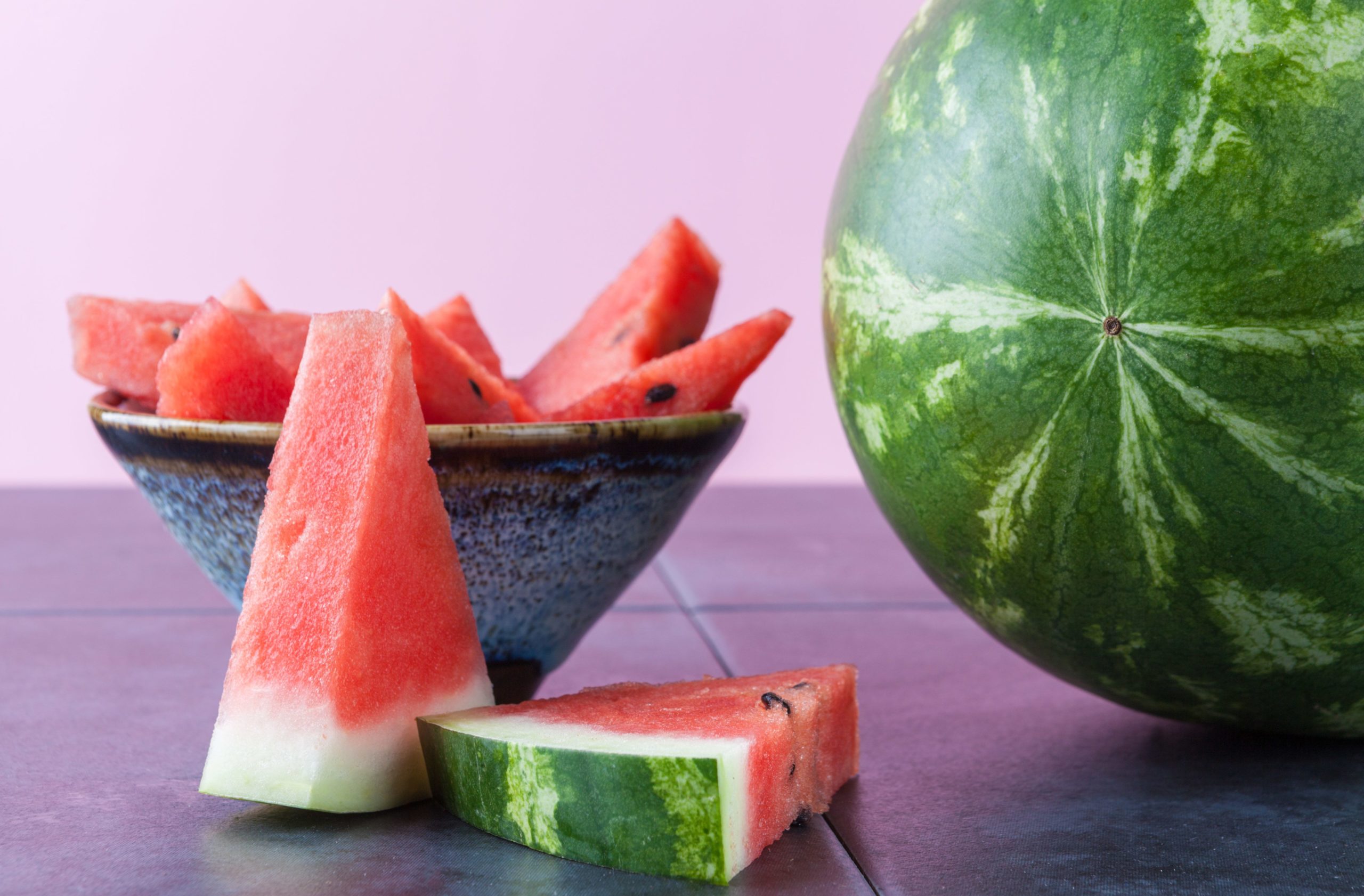Benefits of Watermelon for a Healthy Life

Watermelon is a low-calorie fruit that’s full of nutrients. In addition to its sweet, tangy flavor, it’s a good source of vitamin A, B6, and C, potassium, magnesium, and health-protective antioxidants like lycopene.
Lycopene helps fight inflammation and oxidative damage that can lead to pain, swelling, and chronic conditions. And it can also lower the risk of heart disease and cancer.
1. Rich in Vitamin C
Watermelon is rich in vitamin C, which is essential for proper immune function. This nutrient also reduces the risk of summer colds and helps prevent premature skin aging.
This fruit also contains lycopene, which is known to have antioxidant properties. It can reduce oxidative stress and lower cholesterol levels in the body.
Another nutrient found in watermelon is vitamin A, which plays an important role in promoting proper skin health. It boosts collagen production, which improves skin elasticity.
It is also a good source of citrulline, an amino acid that promotes the growth of new hair. This amino acid also produces a molecule called nitric oxide, which relaxes blood vessels and improves blood flow.
2. Rich in Potassium
Potassium, the water-soluble mineral found in many fruits and vegetables, plays an important role in keeping your blood pressure down. It’s also essential for nerve function.
It’s good for heart health, too, because it fights inflammation and helps prevent oxidative stress, which may cause damage to cells. Lycopene, the antioxidants that give watermelon its red color, is a good source of nitric oxide, which helps relax blood vessels.
It’s also rich in citrulline, an amino acid that converts to arginine, which may help lower blood pressure. It’s a good idea to eat the white flesh of the fruit, as it contains more of this nutrient than the rind.
3. Rich in Lycopene
Watermelon is a beloved summertime fruit that is not only delicious and refreshing, but it also has many health benefits. It is rich in vitamins and minerals.
The fruit is known for its rich amounts of lycopene, a red carotenoid that gives the fruit its color. Lycopene has antioxidant properties that help prevent oxidative stress.
It is also believed to reduce the risk of heart disease and stroke by inhibiting the formation of blood clots. Additionally, it can decrease the chances of developing prostate cancer.
4. Rich in Iron
Watermelon is a great source of iron and is beneficial for a healthy life. It also contains other important nutrients like vitamin C and magnesium.
Aside from being rich in iron, watermelon is also a good source of antioxidants. These antioxidants prevent oxidative damage, help flush out harmful free radicals and keep our organs healthy and functioning properly.
Aside from iron-rich fruits, other foods high in this nutrient include dry fruits like apricots and raisins. Nuts and seeds such as peanuts, cashews, walnuts and almonds are also a good source of iron.
5. Rich in Magnesium
Watermelon contains a significant amount of magnesium, which is essential for healthy bones and muscles. It can also help keep blood pressure down, preventing cardiovascular disease.
It can also reduce the risk of high cholesterol, high triglycerides, and diabetes. In addition, a diet rich in magnesium has been linked to a lower risk of metabolic syndrome.
It’s important to keep a check on magnesium levels, especially for older adults who may have trouble absorbing it or excrete it through urine. In addition, certain conditions like celiac disease or Crohn’s disease can interfere with how much magnesium is absorbed.











